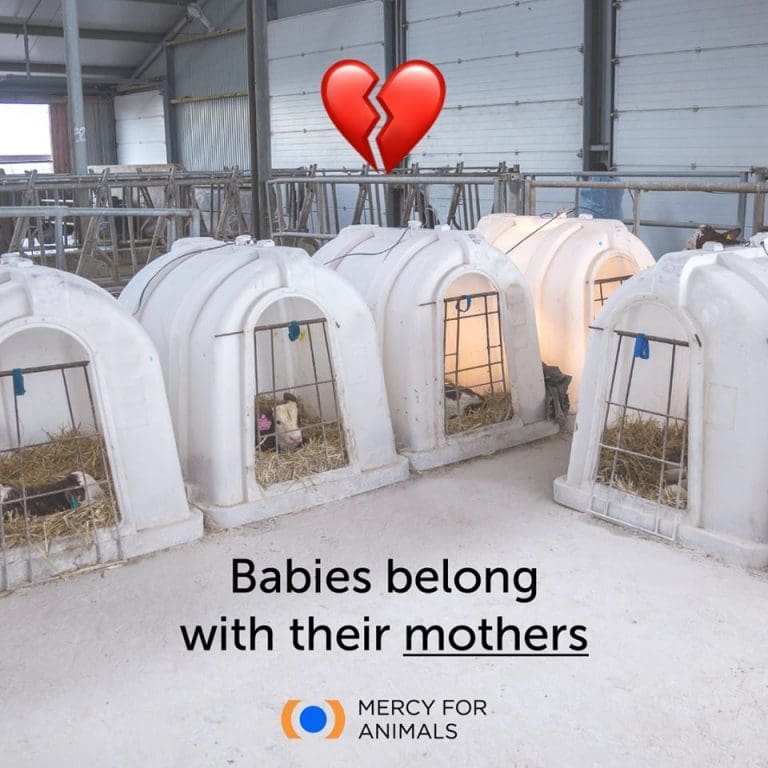The Concealed Horrors of Manufacturing facility Farm Animal Cruelty

In the modern day period of mass creation and consumerism, the expression “Factory farm animal cruelty” has grow to be synonymous with effectiveness and affordability in the food market. Nevertheless, powering the walls of these industrialized functions lies a dim actuality of animal struggling and cruelty that frequently goes unseen by the average customer.
Manufacturing facility farming, also acknowledged as industrial agriculture, is a technique of intense animal farming that prioritizes large output and revenue margins over the well-currently being of animals. In these services, animals are confined to cramped and unsanitary situations, frequently unable to show their organic behaviors or access suitable diet and veterinary care.
A single of the most substantial problems linked with manufacturing facility farming is the extreme confinement of animals. Pigs, chickens, and cows are usually housed in overcrowded and barren cages or pens, unable to go freely or interact in normal behaviors this kind of as foraging or socializing. This confinement not only triggers physical discomfort and anxiety but also boosts the chance of injuries and ailment among the animals.
Additionally, the use of antibiotics and expansion hormones is prevalent in manufacturing facility farms to promote speedy growth and avoid the distribute of disease in such crowded situations. This overreliance on antibiotics has contributed to the rise of antibiotic-resistant microorganisms, posing a significant risk to community health.
The schedule methods used in manufacturing unit farms also inflict immense suffering on animals. For instance, in the egg business, male chicks are deemed economically worthless and are frequently discarded alive by the 1000's each and every day, both by being floor up alive or suffocated in plastic bags. In the same way, in the dairy market, calves are separated from their mothers soon soon after start, causing distress to the two the calf and the mom.

Perhaps one of the most disturbing aspects of manufacturing unit farming is the widespread acceptance of cruel and inhumane therapy of animals as normal sector procedures. Undercover investigations have uncovered instances of workers kicking, beating, and even sexually abusing animals in these facilities. In spite of these kinds of egregious functions of cruelty, perpetrators are not often held accountable thanks to inadequate oversight and enforcement of animal welfare laws.
The environmental affect of Manufacturing facility farm animal cruelty can not be overlooked possibly. The intensive creation of animal waste in these amenities sales opportunities to air pollution of air, water, and soil, contributing to local climate modify and ecological degradation. Moreover, the huge usage of methods this sort of as drinking water and grain to feed livestock additional strains worldwide food systems and exacerbates issues of food insecurity and inequality.
In spite of these grim realities, there is hope for modify. Increased buyer awareness and demand for ethically sourced and sustainably created food products have led to the rise of different farming methods this kind of as organic and natural farming, pasture-raised livestock, and plant-dependent alternatives to animal goods.
As Deforestation , we have the electricity to generate optimistic modify in the food market by generating educated alternatives and supporting moral and sustainable farming procedures. By picking to boycott manufacturing unit-farmed items and advocating for more robust animal welfare regulations, we can support ease the struggling of hundreds of thousands of animals and develop a far more compassionate and sustainable food method for foreseeable future generations.
